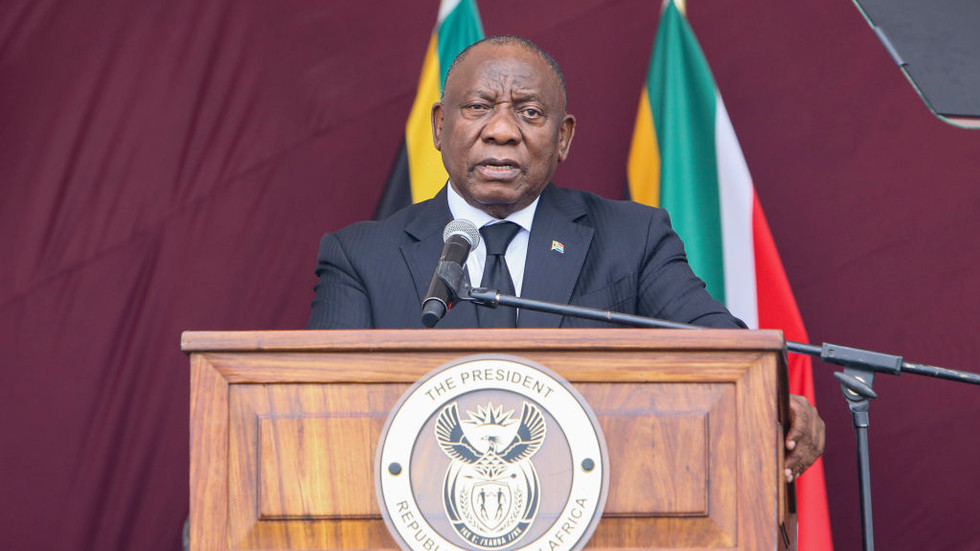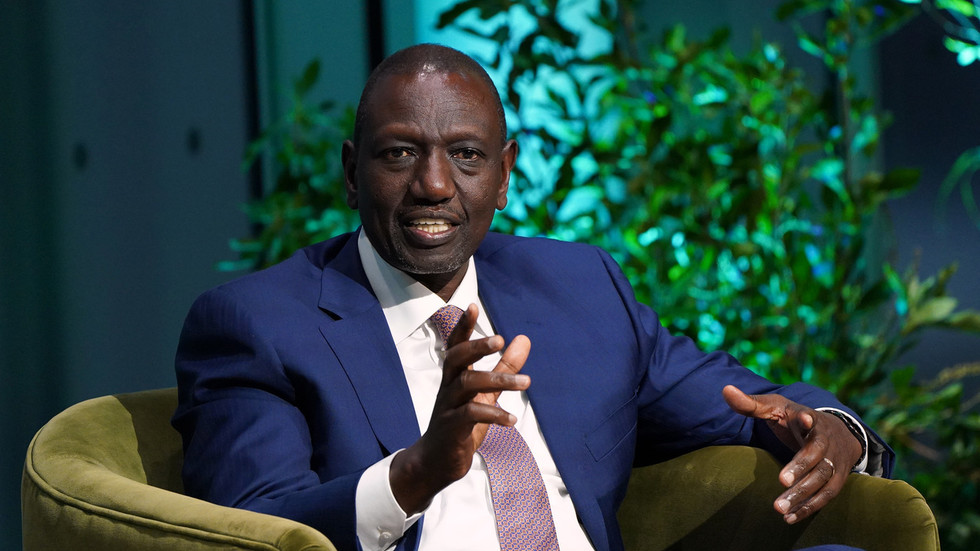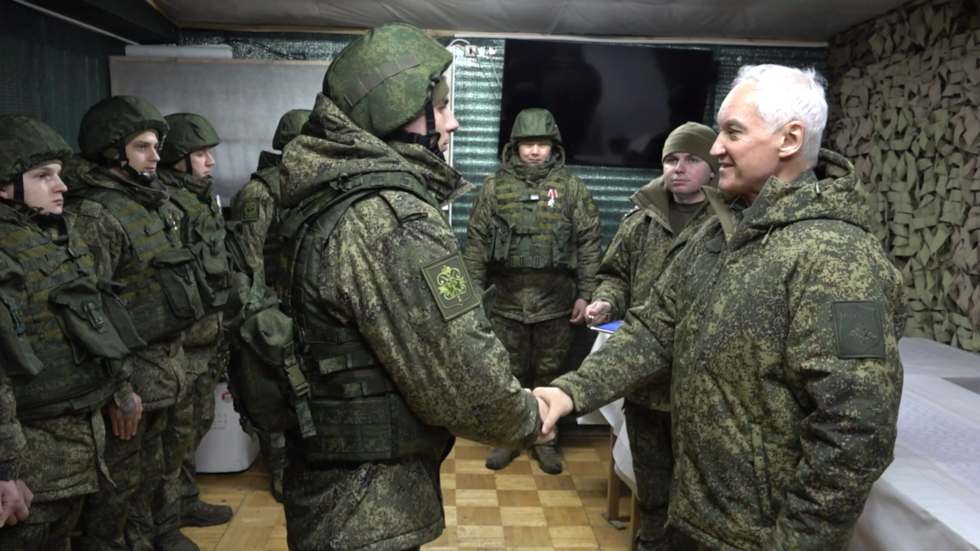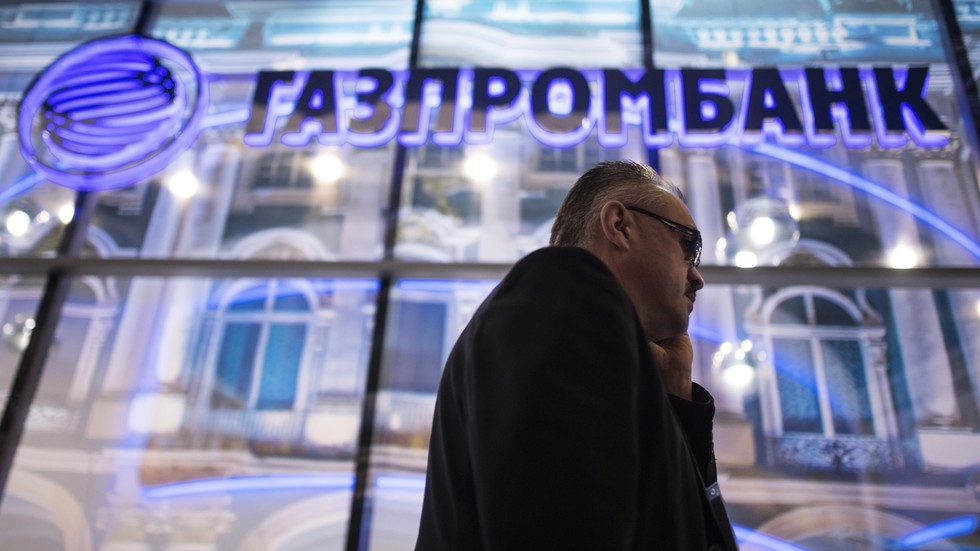What you need to know
Voting began on Saturday in the seventh and final phase of India's mammoth electoral process with Prime Minister Narendra Modi largely expected to be back for a third term.
In this final phase, 57 seats across eight states and union territories will go to the polls. These include all the seats in the northern states of Punjab and Himachal Pradesh.
The constituency of Modi in Varanasi will be among those going to the polls with the northern city regarded as the spiritual capital by the country’s Hindu majority.
Here's a look at the latest from India's elections on Saturday, June 1
06/01/2024June 1, 2024
Voting begins in Modi's constituency of Varanasi
 Varanasi plays a key role in the Hindu world and is home to thousands of temples Image: Priyanshu Singh/REUTERS
Varanasi plays a key role in the Hindu world and is home to thousands of temples Image: Priyanshu Singh/REUTERSPrime Minister Narendra Modi's constituency, the holy city of Varanasi is among the places voting on the last day of India's six-week election on Saturday.
Varanasi is the spiritual heart of Hinduism, and Modi has built his image as a staunch champion of the Hindus.
"Modi is obviously winning," Vijayendra Kumar Singh, a resident of the city, told AFP. "There's a sense of pride with everything he does, and that's why people vote for him."
Polls indicate Modi will likely win decisively, bolstered by his inauguration of a Hindu temple in Ayodhya in January, fulfilling a key party pledge.
Another victory would solidify Modi's status as a pivotal and popular leader, following the Bharatiya Janata Party's wins in 2014 and 2019.
https://p.dw.com/p/4gWN7
Skip next section Several election officials killed in heat wave06/01/2024June 1, 2024
Several election officials killed in heat wave
At least 19 electoral officials were among those who have died in India during a blistering heat wave, authorities said on Friday.
According to officials, at least 33 people died in different parts of the country.
In the eastern state of Bihar, 10 people involved in organizing the seventh and final phase of the election died of suspected heat stroke, while at least nine people succumbed to intense heat in the northern state of Uttar Pradesh.
"They had high-grade fever when they were brought in. It could be because of heat stroke as well. We are currently treating at least 23 people brought in from election duty," RB Kamal, principal of the medical college where the people are being treated, said.
Many poll officials are usually required to stand on duty all day, often outdoors.
India swelters as heat reaches dangerous levels
India's mammoth electoral process has coincided with record summer temperatures.
Delhi recorded its highest temperature ever at 52.9°C (127.22°F) this week, though the weather department is verifying this reading.
While northwestern and central India are expected to see cooler temperatures soon, the heat wave in eastern India will persist for two more days, according to the India Meteorological Department (IMD).
https://p.dw.com/p/4gWK4
Skip next section Voting begins in seventh phase06/01/2024June 1, 2024
Voting begins in seventh phase
Voting began on Saturday for the last 57 parliamentary seats in the seventh and final phase of India's lengthy electoral process.
Prime Minister Narendra Modi is largely expected to be back for a third term.
The election involves 968 million people, marking the largest democratic exercise in history. Voting was staggered over six weeks from April 19.
According to a report by the Centre for Media Studies (CMS), cumulative spending in this election is projected to exceed $14.2 billion (€13.08 billion).
Compared to the last election, there has been a drop in the turnout, with the lowest phase recording only 62.2%. Analysts attribute the decline partly to the heat wave in some parts of the country.
Exit poll data will be available after the voting closes on Saturday.
Formal ballot counting will begin on Tuesday, June 4, with results expected the same day.
Modi's Bharatiya Janata Party (BJP) first came to power in 2014, on a plank of economic development and a crackdown on corruption. His tenure has seen India rise as a global power, but also faces criticism for rising unemployment, attacks on minorities, and depleting press freedom.
The opposition parties have come together under the banner of Indian National Developmental Inclusive Alliance (INDIA), taking a stand against the BJP.
But the coalition has been marred by infighting over ideological differences and personality clashes.
Moreover, the coalition has not declared its candidate for prime minister yet.
The opposition has also been stymied by several criminal probes by the government and a tax investigation this year that froze the bank accounts of the Congress.
Rahul Gandhi is a key figure representing the Indian National Congress in the opposition against Modi.
ss/kb (AFP, Reuters, AP)
https://p.dw.com/p/4gWJ7

 5 months ago
26
5 months ago
26








